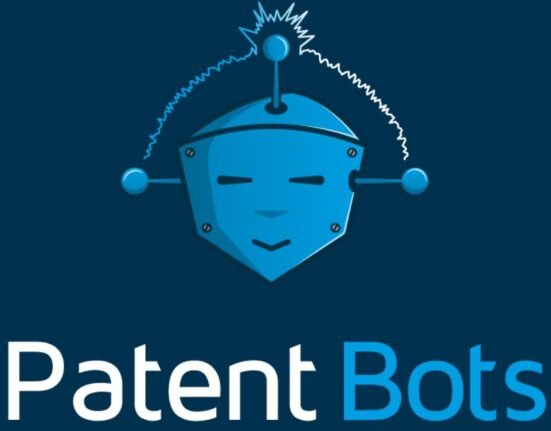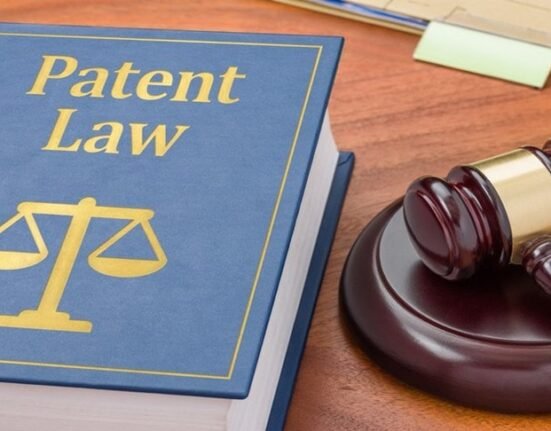The controversial AI use was revealed at the fifth public hearing of the Senate’s Adopting Artificial Intelligence inquiry on Friday, which heard Amazon and Google want to relax Australian copyright laws so more content can be used to train AI tools.
Several senators objected to the companies’ use of protected material, with one saying Amazon’s treatment of voice actors was “reprehensible”, demanding government action.
The comments come weeks after two unions told the inquiry voice actors were being forced to sign onerous contracts allowing the future use of their voices, and one local actor had his voice cloned and used without his knowledge.
Amazon Australia public policy head Matt Levey told senators rules for the creation and use of AI voices were not yet clear and Audible had experimented with them.
“This is not a well-established area of technology. It’s something they’re exploring,” he said.
“There are emerging issues around the use of text-to-voice technology and I think Audible is attempting to navigate those in a thoughtful way, including talking to the narrator community about those issues.”
Levey said digital voices were only created with the consent of voice artists and Audible had yet to use the technology with Australian recordings.
“There may be a preference of some publishers and creators to actually reach audiences using text-to-speech technology,” he said.
“It’s a limited project at this stage in a small number of places.”
Inquiry chair Tony Sheldon objected to Levey’s statements, saying Audible contracts provided to the inquiry showed voice actors were given little choice but to allow the wider use of their voices.
“You’ve demanded consent,” Sheldon said.
“I find it reprehensible and it does require governments to act.”
Amazon global AI public policy director Nicole Foster also told senators the federal government should consider making changes to copyright law to allow software developers to scrape more data from Australian sources.
As many AI tools were being created in China and the US, giving the companies access to local and culturally sensitive Australian data could ensure the nation was accurately represented, she said.
“Some jurisdictions have actually specific exemptions for text and data mining,” Foster said.
“You may want to think about more flexibility.”
Copyright law changes were also raised by Google Australia government affairs and public policy director Lucinda Longcroft, who told the inquiry Google’s AI tools were trained using publicly accessible, copyright-protected data.
She said training tools such as Gemini without access to this information would mean they were incomplete and lacked modern knowledge.
“If we were to exclude works that are still under copyright… it is predictable that the models would then show bias or have gaps or ignorance,” Longcroft said.
“AI depends on that balance being struck in copyright because while we are committed to developing AI responsibly, that responsible development requires access to the data.”
Microsoft also appeared before the inquiry in Canberra, although executives from Meta rescheduled due to illness.
The AI inquiry, appointed in March, is tasked with examining AI trends, errors, bias and opportunities, as well as its impact on elections and the environment.
The parliamentary committee is expected to release its findings in September.
– AAP







